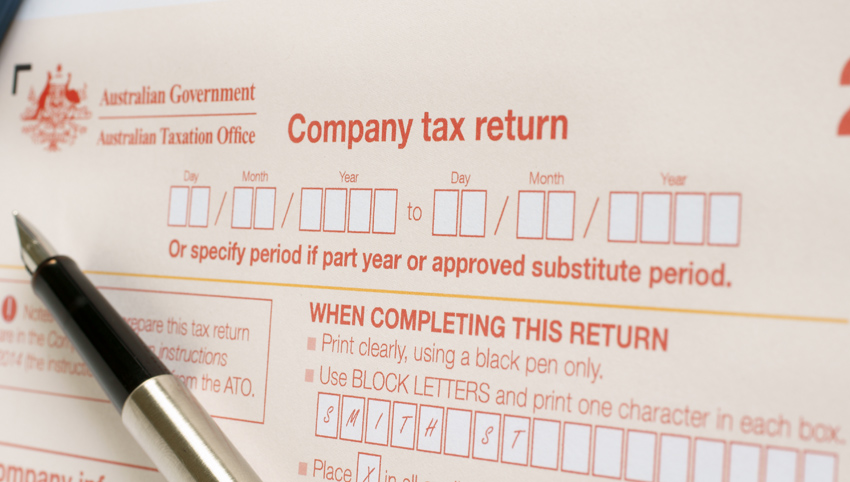An article of accusation in the Sydney Morning Herald this week has stirred up a hornet’s nest and claims a pending ‘government clampdown’ on gaming companies claiming legal tax credits through the ATO’s R&D incentive scheme.
The topic arose following a recent, unprecedented transparency report by the ATO detailing the companies claiming the most through the R&D tax credit system.
On Monday, at a press conference, an SMH journalist questioned the Hon Jim Chalmers MP (Treasurer) on whether taxpayers subsidising the development of poker machines was “appropriate”.
Chalmers initially dodged the question, referring to previous comments made by the PM, but when pushed stated he has a personal view, which is that “it’s problematic” and is the sort of issue “that warrants our attention”. The article extrapolated that into an upcoming policy change.
The story goes on to link the topic of government working on online betting reforms, and what sister publication the AFR dubs a “series of drastic measures to reduce online gambling harm”. These reforms are expected to ban advertising during live sports and on social media ads – but have nothing to do with the R&D tax scheme.
The program was established in 2011 by the Gillard Government to encourage Australian businesses to invest R&D dollars locally, to create jobs and a skills base, rather than investing offshore. It includes the Research and Development Tax Incentive (R&DTI), which is a tax offset for R&D that may not have otherwise been done, due to risk or uncertainty – such as carded play on EGMs.
All eligibility is controlled, but the scheme can and is designed to offset some of the costs of research and development greater than $20,000. It details a list of suitable categories, including technology and processes.
An AFR article earlier this month strove to shame companies using this program (in 2021-22), lampooning tech billionaire Mike Cannon-Brookes as the “R&D Benefit King” because his company Atlassian posted $200 million in R&D. Other top claimers included CSL ($130m), Cochlear ($115m) and ResMed ($79m).
The ATO report also listed Nine Entertainment – owner of both the SMH and AFR – had claimed $9.6 million in R&D (presumably investing in AI to replace more journalists).
Some way down the list came the ASX-listed Tabcorp ($39.5m) and Aristocrat ($22.1m), followed by Ainsworth Game Technology ($15m), and online betting platform PointsBet ($9.9m). Products created and developed by these companies are legal and subject to stringent regulatory and compliance requirements.
Aristocrat has been involved with the cashless gaming trial in NSW, and the companies listed have or are part of technologies currently being used or trialled in licensed venues, investing R&D dollars.
Industry body the Gaming Technologies Association (GTA) was drawn into the SMH article, and stresses it has officially contacted the Treasurer’s office requesting a meeting to discuss the accusations.
“No alleged ‘loophole’ is being exploited,” GTA CEO Jinesh Patel relayed to ClubTIC.
“All applicants for R&D tax credits are assessed independently by the Australian Tax Office and AusIndustry.”
One of those besmirched, Aristocrat echoes the ‘strict terms’ by government for any R&D tax credits, which it typically uses to develop new hardware and games, and innovations to support new technology, including recycling.
The company also suggests tax credits it is entitled to claim in Australia are “small relative to the overall time and cost” it incurs in the R&D, but that the scheme does help encourage investment in relevant local jobs and skills, rather than outsourcing these overseas.
“Which is what the policy is designed to do,” a spokesperson told the Herald.
Soaring rhetoric in the AFR on the government’s so-called quest to “control the country’s gambling addiction” and rein in “these parasites” claiming money for doing business seems to conveniently presume that the age-old practise of prohibition will cure all perceived gambling addicts.
Beyond the suppositions, threatening the incentives be withdrawn from select companies on the basis of their (legal) business jeopardises Australian jobs and investment, while also threatening work already being done toward meeting new and emerging requirements by regulators.
In an increasingly competitive and global market, it is preferable to bolster Australian gaming companies building workforce skills, in what are growing high technology industries.
“Whether it is on the manufacturing side, product development or investments in harm mitigation technologies, it is these investments that create and maintain jobs and helps generate export income for the country,” adds Patel.
“Any decision to exclude any Australian industry from a Federal Government scheme designed to keep them here, based on a whim, in my opinion would be looked dimly upon.”
The anti-gaming advocates consistently seem to not acknowledge that the machines, games and technology being developed here are increasingly forced to compete with alternative machines, games and technology from around the world.
“The fact is, whether it is our industry or any other, if we become globally uncompetitive we run the risk of losing jobs to overseas markets,” says Patel.

